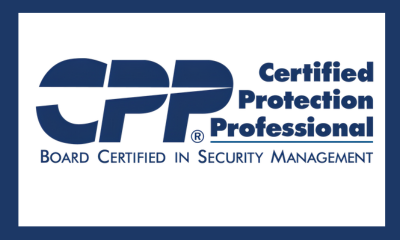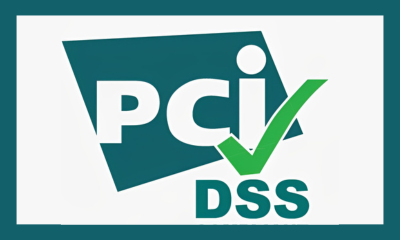1: Develop and manage budgets and financial controls to achieve fiscal responsibility. Knowledge of:
Principles of management accounting, control, audits, and fiduciary responsibility
Business finance principles and financial reporting
Return on Investment (ROI) analysis
The life cycle for budget planning purposes
2: Develop, implement, and manage policies, procedures, plans, and directives to achieve organizational objectives. Knowledge of:
Principles and techniques of policy/procedures development
Communication strategies, methods, and techniques
Training strategies, methods, and techniques
Cross-functional collaboration
Relevant laws and regulations
3: Develop procedures/techniques to measure and improve organizational productivity. Knowledge of:
Techniques for quantifying productivity/metrics/key performance indicators (KPI)
Data analysis techniques and cost-benefit analysis
Improvement techniques (e.g., pilot/beta testing programs, education, training)
4: Develop, implement, and manage security staffing processes and personnel development programs in order to achieve organizational objectives. Knowledge of:
Interview techniques for staffing
Candidate selection and evaluation techniques
Job analysis processes
Pre-employment background screening
Principles of performance evaluations, 360 reviews, and coaching/mentoring
Interpersonal and feedback techniques
Training strategies, methodologies, and resources
Retention strategies and methodologies
Talent management and succession planning
5: Monitor and ensure an acceptable ethical climate in accordance with regulatory requirements and organizational culture. Knowledge of:
Governance standards
Guidelines for individual and corporate behavior
Generally accepted ethical principles
Confidential information protection techniques and methods
Legal and regulatory compliance
6: Develop performance requirements and contractual terms for security vendors/suppliers. Knowledge of:
Key concepts in the preparation of requests for proposals and bid reviews/evaluations
Service Level Agreement (SLA) terms, metrics, and reporting
Contract law, indemnification, and liability insurance principles
Monitoring processes to ensure that organizational needs and contractual requirements are being met
















